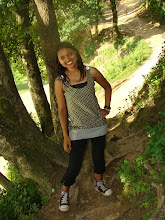
Adult education is a field of education that deals with the teaching of adults. There is no standard definition for what qualifies as adult education beyond this broad definition. This type of education may involve adult basic education, such as curriculum materials used to prepare individuals for a high school diploma equivalent certificate, such as a GED. It can also include many other various types of continuing education classes, some of which get to be quite technical and complicated.






